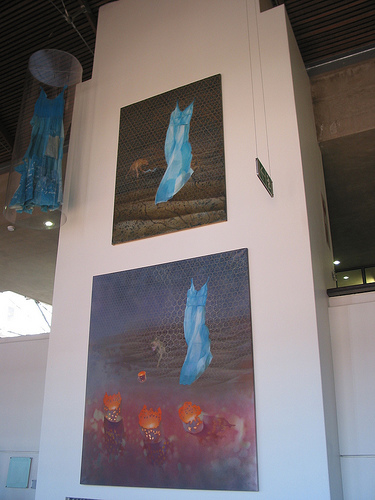-
When Foreignness is Accentuated
One of the challenging aspects of abolishing foreignness is the sheer scope of the concept of “foreignness.” Foreignness can be all-pervading. It can manifest itself in our thoughts and our laws, in our attitudes and our interactions, in our beliefs and our behaviours. Articles on Abolish Foreignness explore a range of approaches to abolishing foreignness, and the range of these discussions suggests the complexity of the topic at hand. I’d like to discuss here another social mechanism that can contribute, depending on how we employ it, either to the reinforcement of or the abolition of foreignness: language. The diversity of languages on our planet is a valuable part of our…
-
Hometown Foreigners
We traditionally define a “foreigner” as someone who comes from a country other than our own. But that definition is too easy. It does not fully encompass the range of people who find themselves “foreigners” in their own hometowns (that is facing exclusion and discrimination): sometimes because of the occupation they hold. The Japanese film “Okuribito,” known among English-speaking audiences as “Departures,” explores the subtle but serious stigma that society can attach to certain lines of work. The movie, which won the 2009 Academy Award for Best Foreign Language Film, focuses on the life of Daigo, the protagonist, who loses his job as a cellist in Tokyo and moves back…







